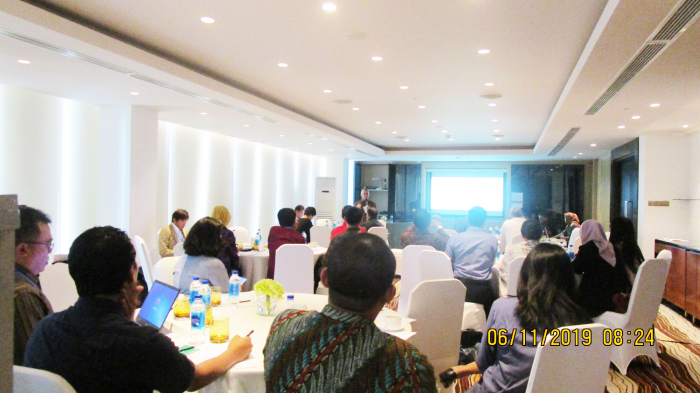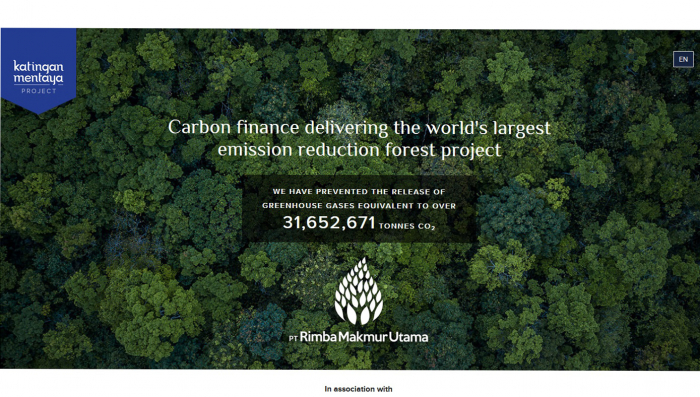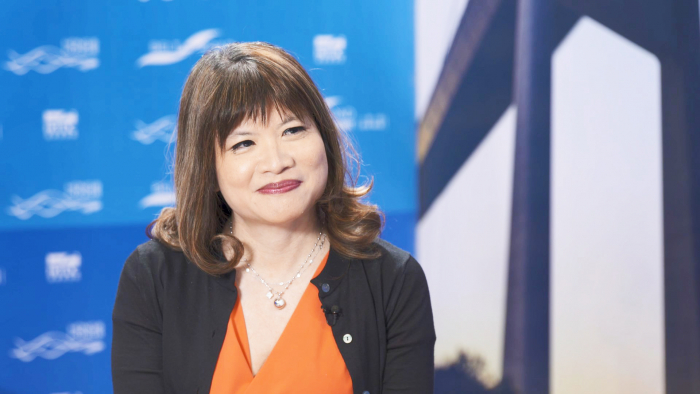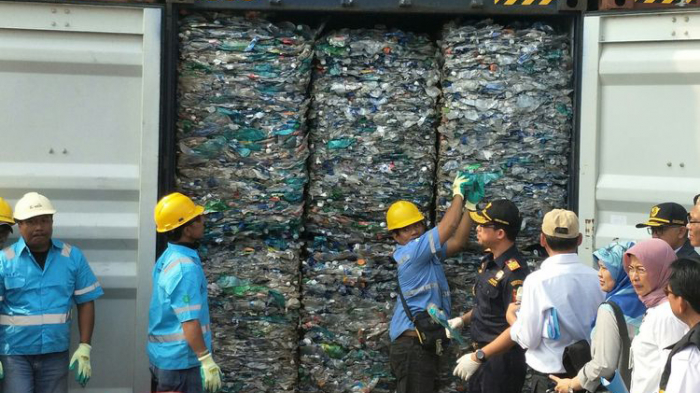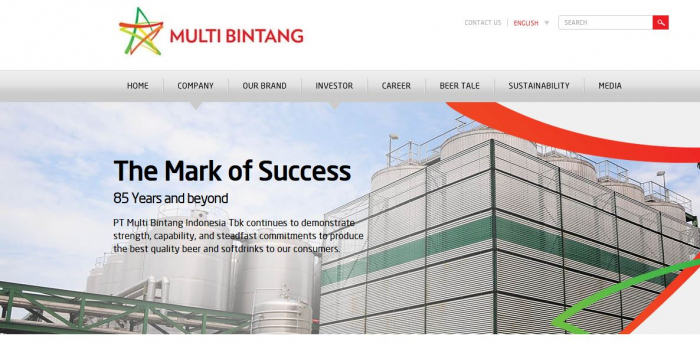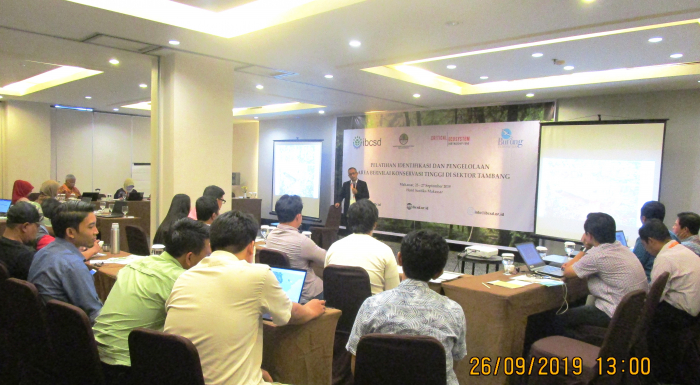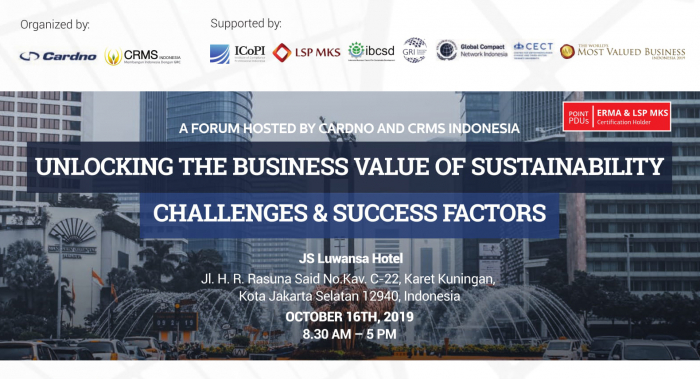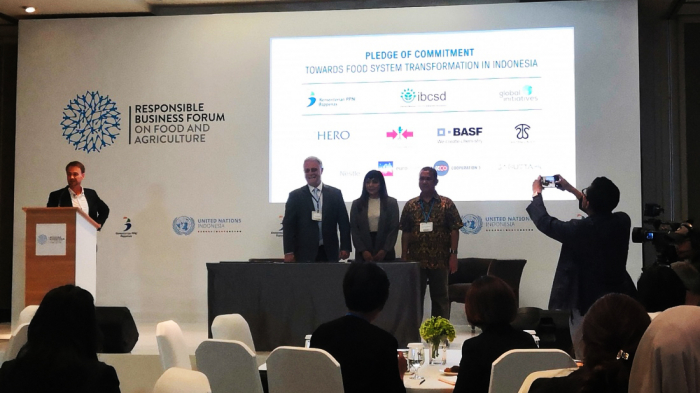
Pledge of Commitment Towards Food System Transformation in Indonesia
The content of the pledge are:
Humanity must transform the food system by 2030 to achieve the Sustainable Development Goals (SDGs) and ensure it can support healthy people, healthy planet and healthy business.
To achieve this common purpose, effective partnership is required among businesses, governments and non-government stakeholders to raise ambitions and take actions to address risks and opportunities in nutrition and health, climate resilience and mitigation, nature and biodiversity, livelihoods and human rights.
Business can lead to accelerate the food system transformation in Indonesia through both direct and enabling pathways:
1. Transform agriculture while restoring the environment
2. Enhance equitable distribution of value
3. Shift diets to be healthy and sustainable
4. Minimize food loss and waste
5. Build end-to-end transparency
6. Accelerate policy and financial innovations
7. Launch new business models and value chain collaborations
*For more info on the pledge, please contact [email protected] .
